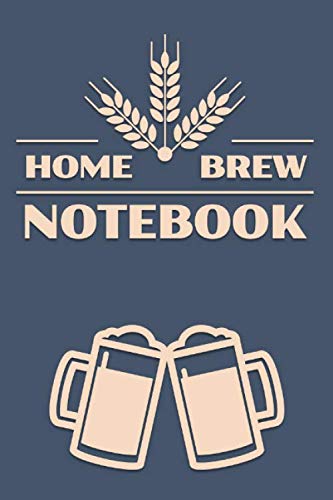Interesting test of the differences in flavour of dry and liquid extract.
It's not in the actual Brulosophy experiment list yet but they did a test of liquid vs dry malt extract. Both Breiss pilsen, amounts so they'd be the same gravity.
http://brulosophy.com/2019/05/27/li...-vs-dry-malt-extract-dme-exbeeriment-results/
People could tell the difference and neither was a bad beer, but neither of them tasted like the style you'd think you'd get with pilsen malt.
"Guesses included Amber Ale, Altbier, ESB and other more malt-forward styles. Looks of confusion only arose when I informed tasters they’d been drinking beers made entirely with either liquid or dry Pilsner malt extract..."
"...the LME beer was slightly richer with a stronger caramel flavor while the DME beer was a bit cleaner. Regardless, both shared the unmistakable richness of malt extract, a flavor I’ve never gotten in beers made with 100% Pilsner malt."
"As someone who only uses malt extract for xBmts specifically focused on malt extract, my experience with these beers did little to change my opinion on the ingredient. That said, my previously held conviction, which was beaten into me during my first few years of brewing, that LME is of higher quality than DME has certainly changed. I’m not saying the LME beer was bad, but in terms of the style I was aiming for, it was far from the mark. For what was ultimately 100% Pilsner malt beers, the DME version came quite a bit closer in appearance and flavor. In the event I decide to use extract for anything other than a starter in the future, without question, it’s be dry."
In an
older experiment on the age of liquid extract that caramel flavour was more evident and that's part of what me and a few others have perceived as part of the twang. Far from all of it but a part.
I've just been going over my notes of beer I've made with all or part extract had any notes about twang and the only thing close was this:
⦁ 17th Dec 4am. Eating it with a couple of fajitas and the chilli sauce is giving it a peppery edge. On pouring even going aggressive at the end got zero head. The taste is a slight chocolate. There's some fruityness to it and a very slight 'cask a few days in' twang, but given all that I think it's alright. The bitterness is there and just on the edge of going too far.
And that was with a dry extract stout with a little crystal and chocolate malt that I'd left in a fermenter with no airlock and a slightly opened lid for a few months and it had got a pellicle on it.
Then looking back on the rest of the DME beers I'd never thought about the twang when tasting them, and that means it didn't present itself enough to make you think about it, which is great. It's like when you have 1,000 cups of tea and don't even think about them then you get a crap one and that's the one you think about. You don't notice things being right and doing their job properly.
Then I looked back on my beer kits and found regular notes of slight sourness, caramel and general homebrewyness. Loads of the kits tests I did were two cans or short brewed with no sugar, too.
I'm still siding with liquid extract being the biggest cause of twang.











































